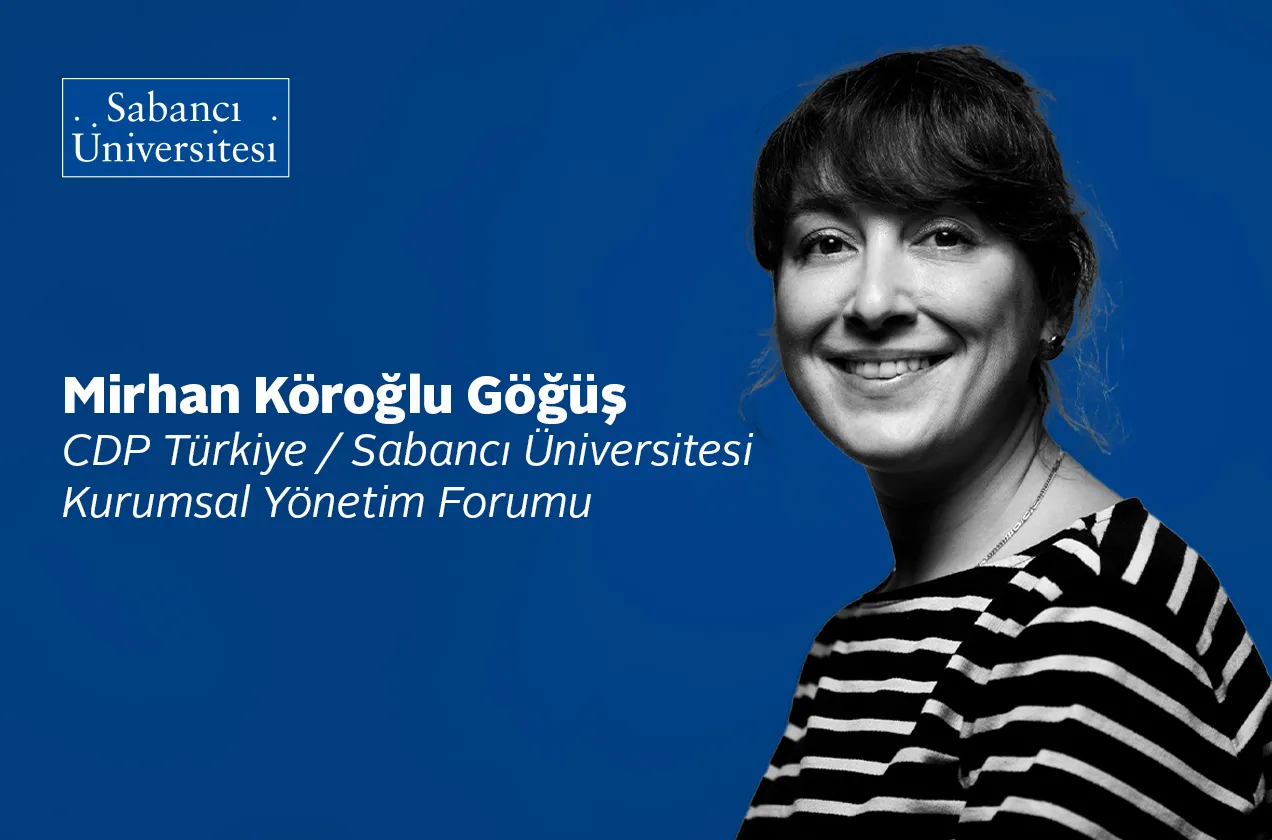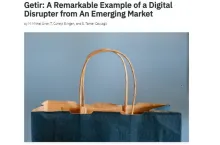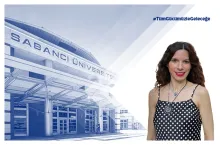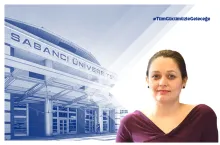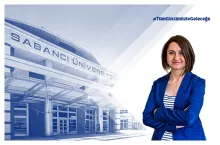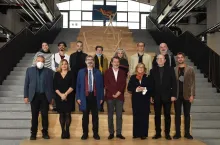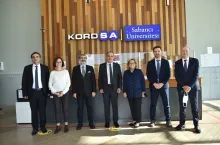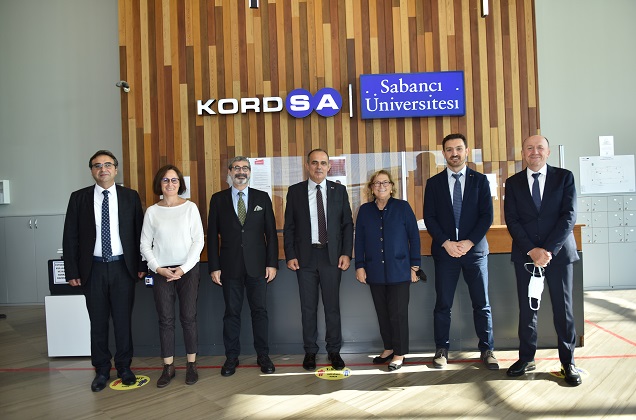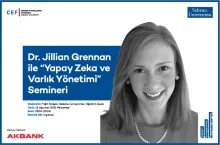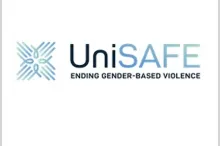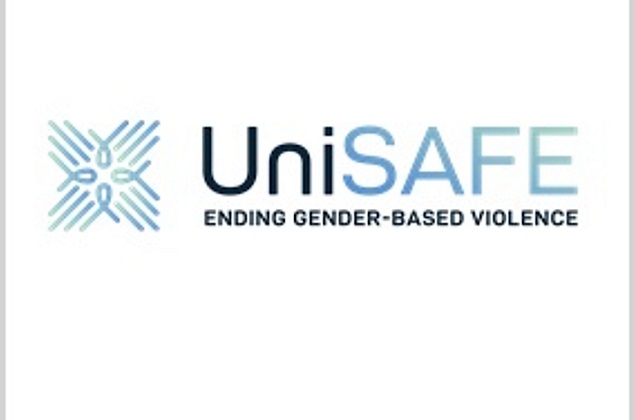19/10/2021
Application date for the GEARING-Roles competition have been extended to 31 October. The GEARING-Roles (Gender Equality Actions in Research Institutions to transform Gender Roles) Project competition will be held on the theme of Resistances to Gender Equality by Sabancı University Gender and Women’s Studies Center of Excellence (SU Gender). 5 winners will be picked for 2 prizes, namely the Research Prize and the Creative Prize.




